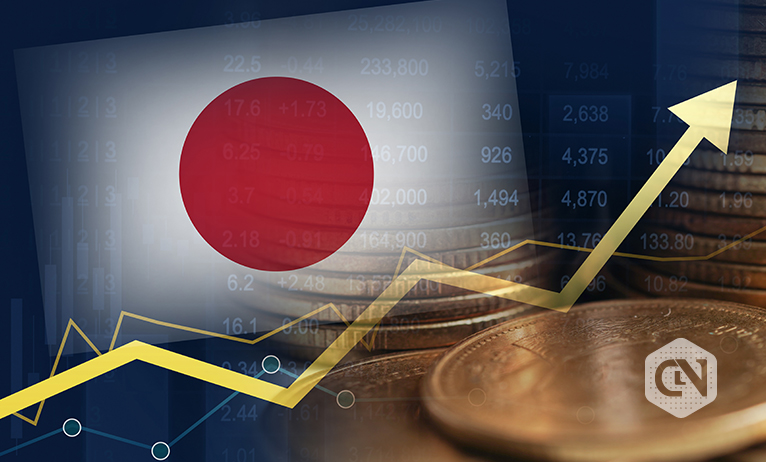This content has been archived. It may no longer be relevant.
The momentum enjoyed by the AUD/USD pair is experiencing some downtime in the market. The commodity currency gained much from the demand created by the ongoing global conflict in the last few weeks. It helped the currency reach new points against the greenback in the market. However, the currency began this week slightly below the value it traded for last week. The Relative Strength Index and the MACD oscillators confirm that the AUD/USD graph is fading as per the recent data.
The news hit the market just after the currency reached its highest position since last October. Still, many believe that the current momentum of AUD is enough to break its October record. Although the currency is likely to fall to 78.9% Fibonacci retracement level, the Simple Moving Average has given some hope for online currency trading in Australia. The SMA has already crossed the 50-day mark and is currently rallying towards the 200-day mark. This could potentially reignite the purchases among traders.
Advertisement
While AUD is posting a slow start this week, the Australian Government bonds have suffered some blows. The rising yield might push the value of the currency down, hindering its current momentum. In that case, the Reserve Bank of Australia would be pushed to make changes in the cash rate as per the market demand. The RBA has so far been manoeuvring towards satisfying market expectations, according to Governor Phillip Lowe. Nonetheless, there is no talk about a price from him just yet. You can also explore the US forex brokers platform, check their currency value & choose as per your need.
On the other hand, the Asia Pacific market has been witnessing turbulent times amidst another outbreak of the coronavirus. The Chinese municipality and an important economic hub have been under lockdown for the last nine days. Due to the government’s Zero COVID policy, it has ordered all the factory activities to stop, and the non-essential workers are ordered to resume their jobs from home. This news will greatly affect the positive outlook of the Asian Market. It is only recently that China posted a 5.0% year-over-year growth for the months of January and February. The hike in commodity prices seemed to have brought the value from 4.2% last December. The increase in the retail sales rate and fixed-investment within the country is also a factor considered for the AUD’s momentum.
Advertisement
The Japanese Yen in the Asia-Pacific region took sole steep blows in the market recently. The currency went to its lowest position since 2015 against the greenback. In addition, the currency also plummeted against its peer currencies. On the bright side, the fall in value has accelerated exports in the country. As a result, the Nikkei 225 Index from Japan saw some good price action. However, it cannot be said for all the areas as the Chinese equity market fell by 2%. The plans of the USA to introduce non-farm payrolls are expected to impact the wide market sentiment in the Asia-Pacific region.







